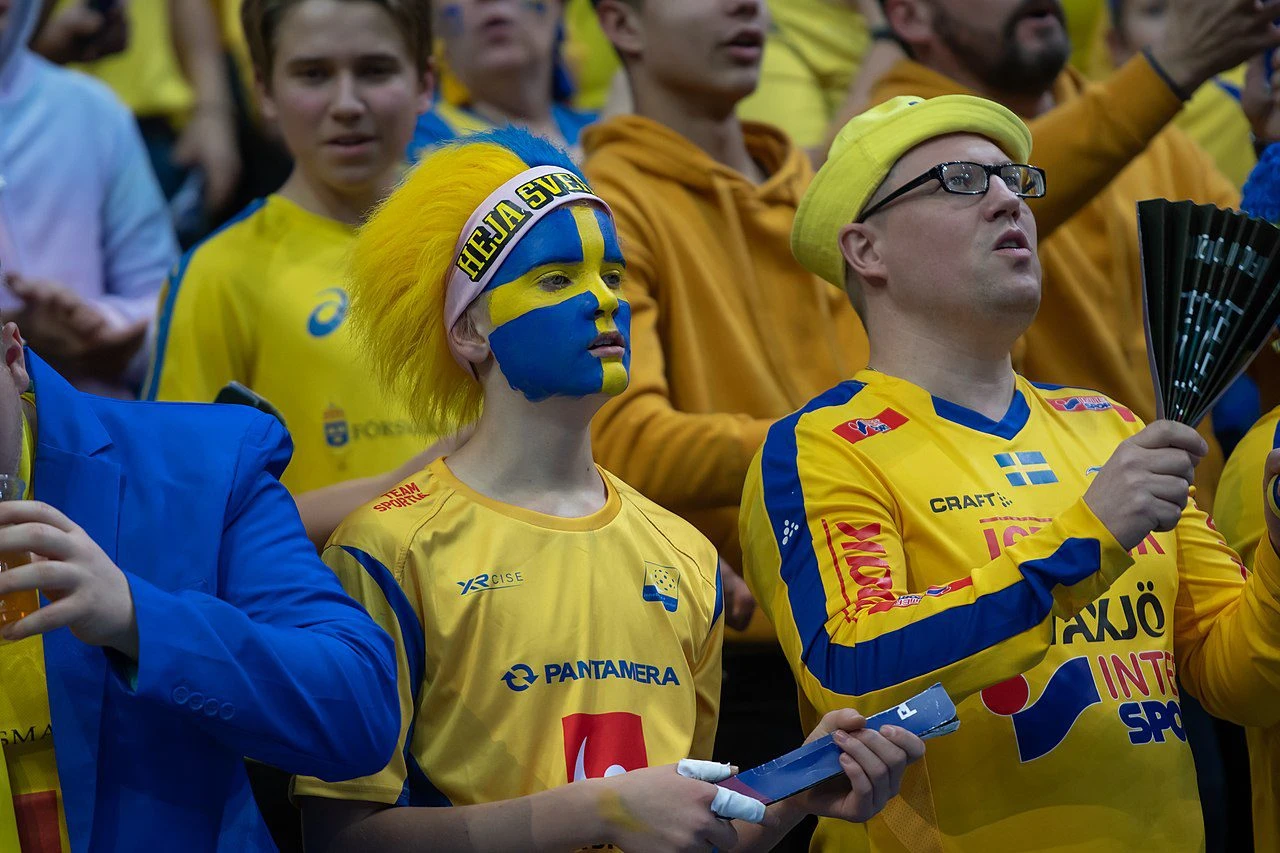Sweden issues first supplier licences

The Swedish regulator Spelinspektionen announced today that it has issued its first three gaming supplier licences. The five-year licences have been awarded in advance of 1 July, when the regulator will make the possession of such a licence a requirement for all providers who wish to do business with operators in Sweden.
This is despite the enabling legislation for this, the Enhanced Game Regulation bill not yet having passed the Riksdag – the Swedish parliament – being still in the committee stage.
Spelinspektionen noted that 60 applications for have so far been received since the regulator opened the submission process on 1 March this year. The legislature opted to introduce licensing requirements for suppliers at the end of November last year. The regulator says that this was in order to help boost channelisation efforts, helping to undermine illegal gambling in Sweden.
Once the new regime goes into effect, operators will not be able to utilise suppliers who provide, install or alter gaming software for illegal offerings. The three operators who have been granted a licence so far are casino platform provider Skill on Net, gaming supplier Synot Games, as well as Norrköping AB.
Synot CEO Ivan Kodaj said that becoming one of the first providers to receive a Swedish licence was “a huge moment” for the business.
“The Swedish gaming market has undergone a major change in a short time, and I am honored that Synot Games can keep up with new market standards,” he added.
Licensing regime
Under the rules, an application fee for supplier licences costs SEK120,000. In March last year, the Swedish government said that it expected there to be roughly 70 software licences that would be issued before launch – which is not dissimilar to the 60 that Spelinspektionen reported that have applied.
The government also said that it expected the implementation of the licences to only have a “marginal effect” on competition.
“The proposals are not considered to have any other effects of significance for the licence or licensee’s working conditions, competitiveness or conditions in general,” it said.
